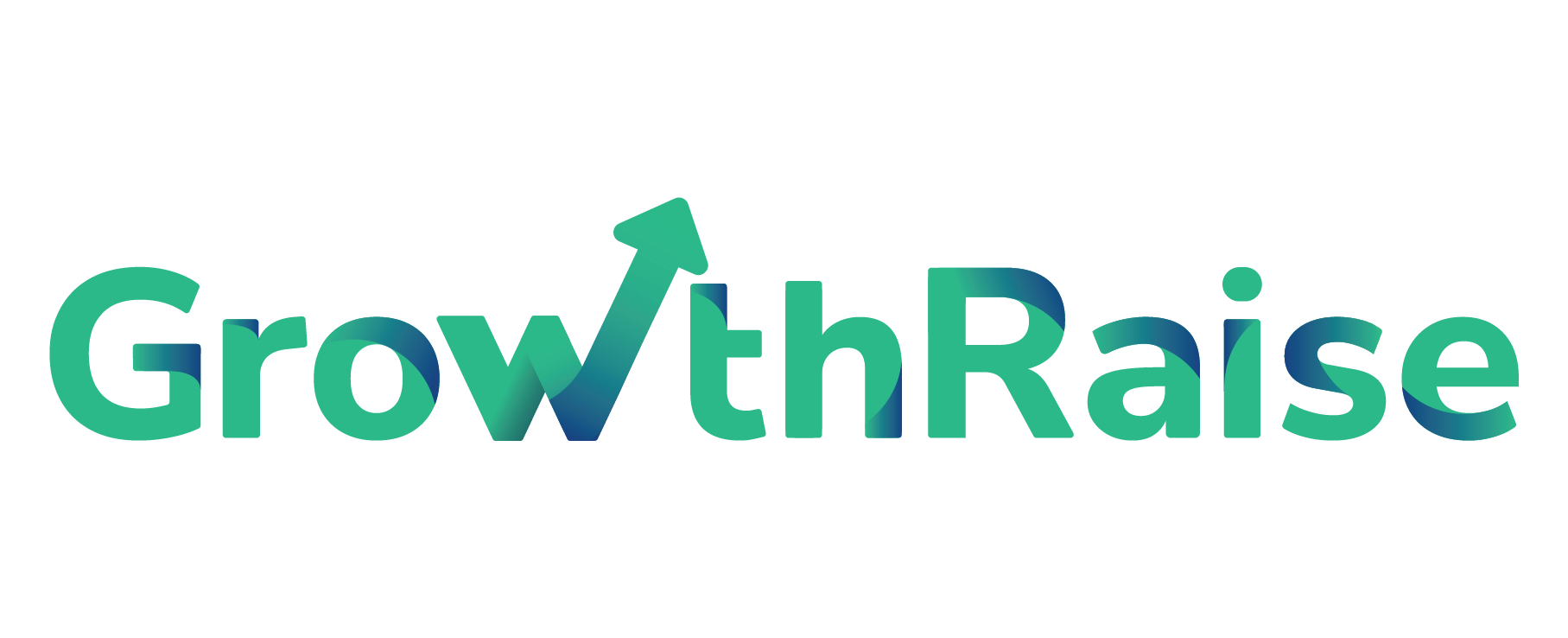Why Is Goal Setting Important to
Inbound Marketing
If you don’t know where you’re going, how would you know if you’ve reached your destination? This simple question answers another crucial one for small business owners who are making their first steps in implementing inbound marketing.
Of course, this is a rather vague explanation, so let’s remove the ambiguity and dive deeper into why goal setting is so important to inbound marketing.
Stick to the end to learn more about inbound marketing goals, why is goal setting important to inbound marketing, and how to set inbound goals.

What Are Inbound Marketing Goals
Inbound marketing goals are specific objectives that businesses set to guide their inbound marketing efforts and measure their success. These goals are essential for attracting visitors, converting them into leads, nurturing their interest, and delighting people who become customers in the long run through valuable content and interactions.
Common inbound marketing goals include increasing website traffic, generating leads, improving conversion rates, and enhancing customer engagement.
Of course, this is just a basic sample. For small and medium-sized businesses new to inbound marketing, besides knowing why goal setting is important to inbound marketing, it’s also crucial to understand that goals can look very different depending on what stage of inbound marketing they are addressing.
For instance, the goals you’re setting for attracting new customers would be very different from those you’d define for delighting current customers.
Before answering the question of why is goal setting important to inbound marketing, let’s have a look at some examples of goals for the different areas where inbound marketing helps businesses.
Inbound Marketing Goals for Attracting Visitors
Inbound marketing goals for attracting visitors focus on increasing the number of people who visit your brand properties like your website, YouTube channel, or other social media profiles.
These goals are essential as they represent the first step in converting strangers into potential customers. The primary objective is to draw in visitors through various channels and strategies that provide value and capture interest.
Some high-level goals at this stage include:
- Boosting organic website traffic
- Growing LinkedIn/Facebook/TikTok followers
- Ranking on position #1 on Google for a crucial search query for your brand
Inbound Marketing Goals for Converting Visitors into Leads
The goals at the second stage of inbound marketing focus on capturing interest from strangers to your brand, turning them into potential customers (leads), and moving them down your inbound marketing funnel.
This phase is crucial because it bridges the gap between attracting visitors and nurturing them into customers.
Some high-level goals here would be:
- Creating compelling calls to action (CTAs)
- Developing high-conversion landing pages for your website
- Capturing the contact data of the type of people who would benefit most from your products/services
We are getting closer to answering the question of why is goal setting important to inbound marketing. Before we do, there are two more stages that need to be covered when it comes to goals.
Inbound Marketing Goals for Nurturing Leads into Customers
To nurture leads into customers, your focus needs to be on building relationships and providing value over time until people are fully convinced they need to make a purchase.
Some of the associated high-level inbound marketing goals here could be:
- Starting a recurring newsletter
- Segmenting your audience in order to tailor your marketing messages for each target buyer persona
- Building automated email nurture streams providing special value over time
Inbound Marketing Goals for Delighting Customers
Any experienced business owner knows that most of a business’s revenue comes from loyal customers who stick with a brand in the long run.
That’s why it’s crucial to delight any new customer you attract.
Some of the high-level inbound marketing goals you could leverage at this stage include:
- Keeping churn rate low
- Turning customers into brand advocates
- Maintaining a high net promoter score (NPS)
At this point, it’s finally time to answer the question of why is goal setting important to inbound marketing.

Why Is Goal Setting Important to Inbound Marketing
In summary, goal setting in inbound marketing is essential for providing direction, facilitating measurement, enhancing resource allocation, motivating teams, enabling ROI calculation, and ensuring adaptability and scalability.
By setting clear, achievable goals, you can optimize your inbound marketing efforts and achieve sustained success. As a small business owner, setting goals for your inbound marketing strategy is vital to achieving sustainable growth and success.
Goals provide clear direction and focus, enabling you to channel your limited resources effectively and make informed decisions. Without specific objectives, your marketing efforts can become scattered, leading to wasted time and money. Establishing clear goals ensures that every action you take aligns with your broader business objectives, allowing you to stay on track and measure progress accurately.
Goal setting also facilitates the evaluation of your marketing efforts. By defining what success looks like, you can track key performance indicators (KPIs) and determine which strategies are working and which need adjustment. This data-driven approach helps you optimize your campaigns, improve ROI, and allocate resources more efficiently. For a small business with constrained budgets and manpower, this level of precision is crucial.
Furthermore, setting goals supports customer-centric efforts by ensuring that your marketing activities focus on providing value to your audience. Goals such as increasing website traffic, generating leads, or boosting customer engagement drive you to create relevant and compelling content that resonates with your target market. This focus on customer needs and preferences builds stronger relationships and enhances customer satisfaction, crucial for small businesses aiming to compete and thrive.
So coming back to the question of why is goal setting important to inbound marketing, it’s important to repeat that for business owners, it’s indispensable. Goal setting provides direction, enables performance measurement, and enhances team motivation, ultimately driving growth and success in a competitive landscape.

How to Set Inbound Marketing Goals
Knowing why goal setting is important to inbound marketing is great. But what about setting them?
As a small business owner, setting inbound marketing goals involves a strategic process that starts with understanding your overall business objectives.
Begin by identifying what you want to achieve with your inbound marketing efforts, such as increasing brand awareness, generating leads, boosting sales, or enhancing customer loyalty.
Once you have a clear vision of your broader business goals, you can translate these into specific, measurable inbound marketing objectives.
Next, conduct a thorough analysis of your current marketing performance. Evaluate your website traffic, conversion rates, customer engagement levels, and other relevant metrics. This assessment will help you understand where you stand and identify areas for improvement. Use this data to establish a baseline against which you can measure future progress.
Your goals should be SMART: Specific, Measurable, Achievable, Relevant, and Time-bound. For instance, rather than setting a vague goal like “increase website traffic,” aim for a more precise target, such as “increase organic website traffic by 20% over the next six months.” This clarity allows you to track progress and adjust your strategies as needed.
Once your goals are set, break them down into actionable steps and start moving the needle on them. If you don’t have the right in-house capacity, don’t hesitate to seek an inbound marketing agency to help you. Finally, regularly monitor and evaluate your performance.
By following this structured approach, you can set inbound marketing goals that are realistic, targeted, and achievable, driving your small business toward sustained success.
That concludes our rather long answer to the question of why is goal setting important to inbound marketing.
If you need help understanding what goals might be fitting for the current state of your business or additional capacity for tackling already established business objectives, just reach out to us.
Our team of highly skilled inbound marketing consultants is ready to assist you.

